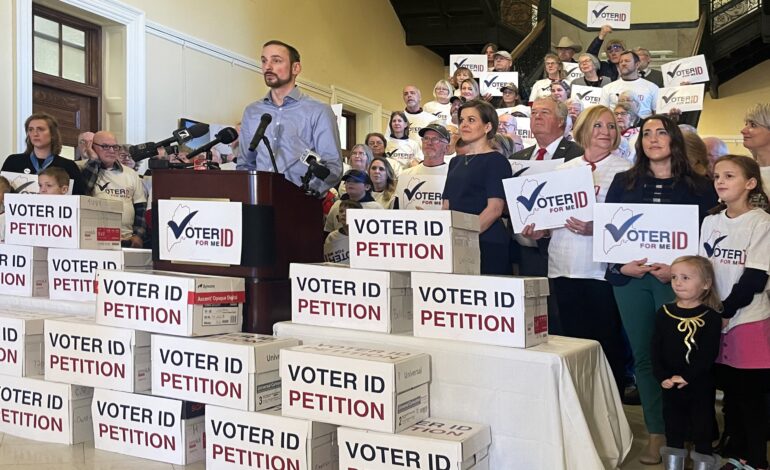Maine Voting Referendum Sparks Concerns Over Voter Rights

Maine’s upcoming voting referendum on November 8, 2024, has ignited intense debate, with critics warning that it may lead to voter suppression rather than meaningful election reform. The proposal, which aims to change the way elections are conducted in the state, has been met with skepticism from various political factions and advocacy groups.
Opponents, including members of the Maine Democratic Party and several civil rights organizations, argue that the measures outlined in the referendum could disproportionately affect marginalized communities. They claim that the proposed changes are unnecessary and could create barriers that make it more difficult for eligible voters to participate in the electoral process.
Shenna Bellows, Maine’s Secretary of State, has defended the referendum, stating that it is designed to enhance the integrity of the election process. She emphasized that the initiative aims to address concerns surrounding voter fraud and aims to ensure that every legitimate vote is counted. Bellows noted that the state has a responsibility to maintain a fair and transparent electoral system.
As the election date approaches, both the Maine Republican Party and various advocacy groups are mobilizing efforts to inform voters about the potential implications of the referendum. The Republican Party has expressed support for the changes, arguing that they will help to safeguard elections from potential irregularities. In contrast, opponents contend that the focus should be on making voting more accessible rather than imposing additional restrictions.
The U.S. Election Assistance Commission has also weighed in, noting that while states have the authority to regulate their own elections, they must ensure that any changes uphold the principles of fairness and accessibility. The commission has highlighted the importance of balancing election security with the right to vote, particularly in a nation that prides itself on democratic values.
Public opinion remains divided as advocacy groups on both sides ramp up their campaigns. Supporters of the referendum argue that it is necessary to protect the electoral process, while opponents fear it could disenfranchise voters, particularly those in urban and low-income areas.
As Maine approaches this critical vote, the outcome of the referendum could have lasting implications for the state’s electoral landscape. Observers are closely watching to see how the debate unfolds and what it may signal for future voting initiatives across the United States.






